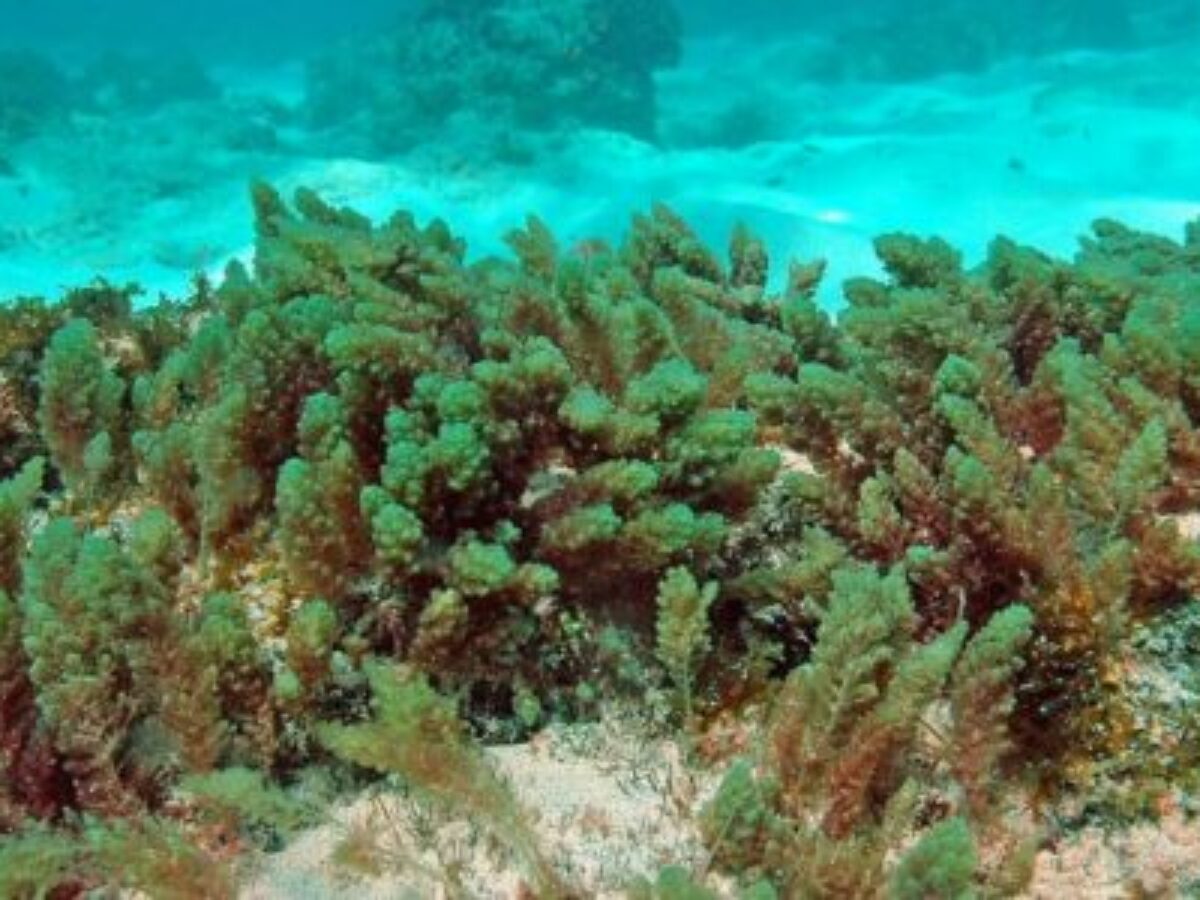Seaweed genome research promises better compound discovery for health, environmental purposes

University of Sunshine Coast researchers have identified “hundreds of potential anti-cancer compounds” by genome analysis of 12 edible seaweeds, narrowing the search for future identification of chemicals for new products.
Professor of Molecular Biology Scott Cummins and Genomics Lecturer Dr Min Zhao said that the anti-cancer benefits of seaweed were known, but it was much harder to know exactly which compounds were responsible. Cummins said identifying new compounds of interest in a laboratory was laborious and expensive.
“Recently, scientists have been able to construct genomes, or genetic blueprints, of organisms. By running the genomes of 12 edible seaweeds through advanced computer algorithms, we were able to identify hundreds of potential anti-cancer compounds present,” Cummins said in a statement on Friday from UniSC about “genome-directed health discovery”.
“It used to be like finding a needle in a haystack. This approach gets rid of a lot of that hay.”
Cummins and Zhao have also recently collaborated with local and international researchers to create a full genome for the red seaweed asparagopsis, – which in small amounts can greatly reduce methane emissions from ruminant animals – and is currently being commercialised as a livestock supplement by three Australian companies
“Unfortunately, Asparagopsis is difficult to grow in aquaculture, and therefore we don’t have enough to supply for feeds,” said Zhao.
“The genome unlocks important information to determine the genetic factors that contribute to its growth and anti-methanogenic capacity.”
Picture: Asparagopsis seaweed (Wikimedia commons)
Topics Manufacturing News
@aumanufacturing Sections
Analysis and Commentary Awards casino reviews Defence Gambling Manufacturing News Online Casino Podcast Technology Videos





